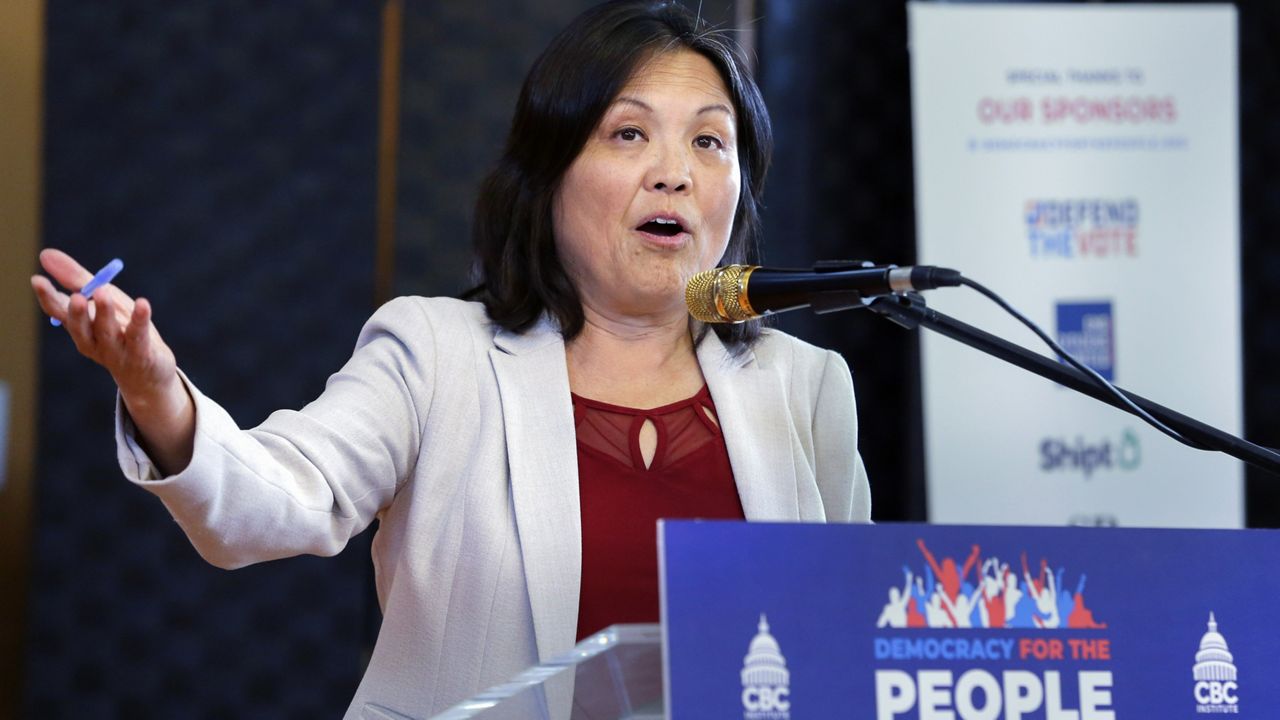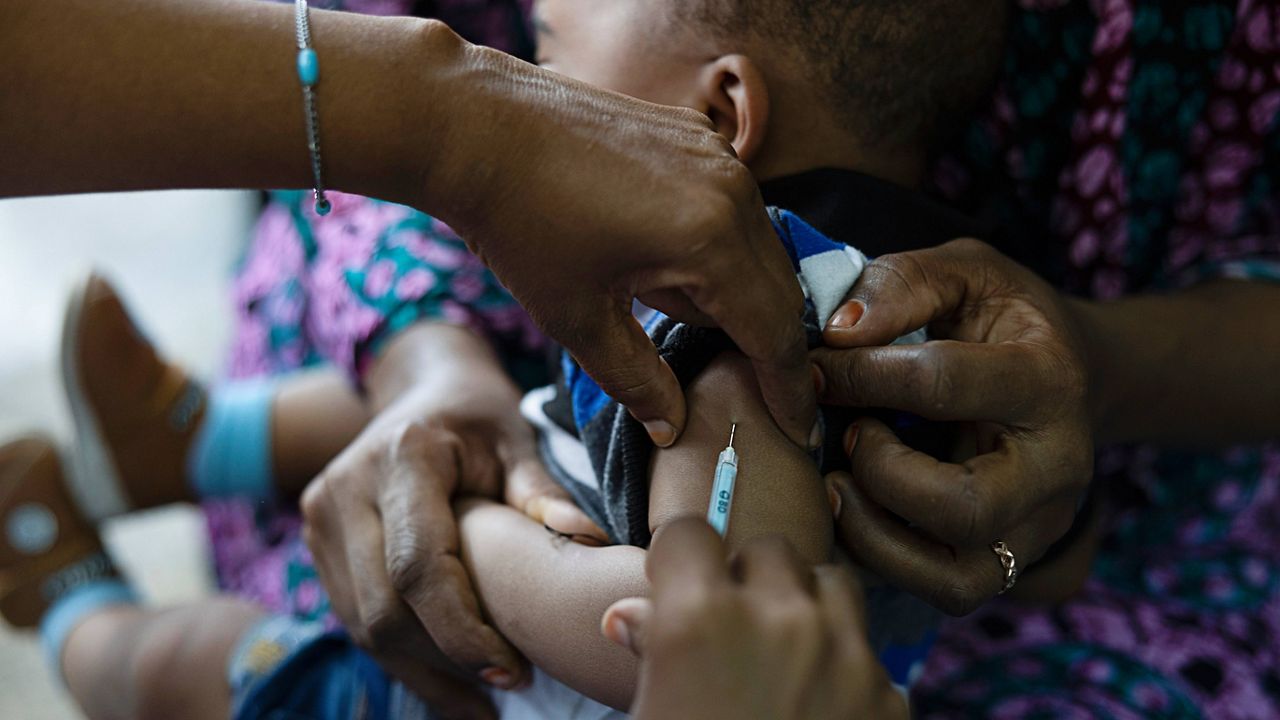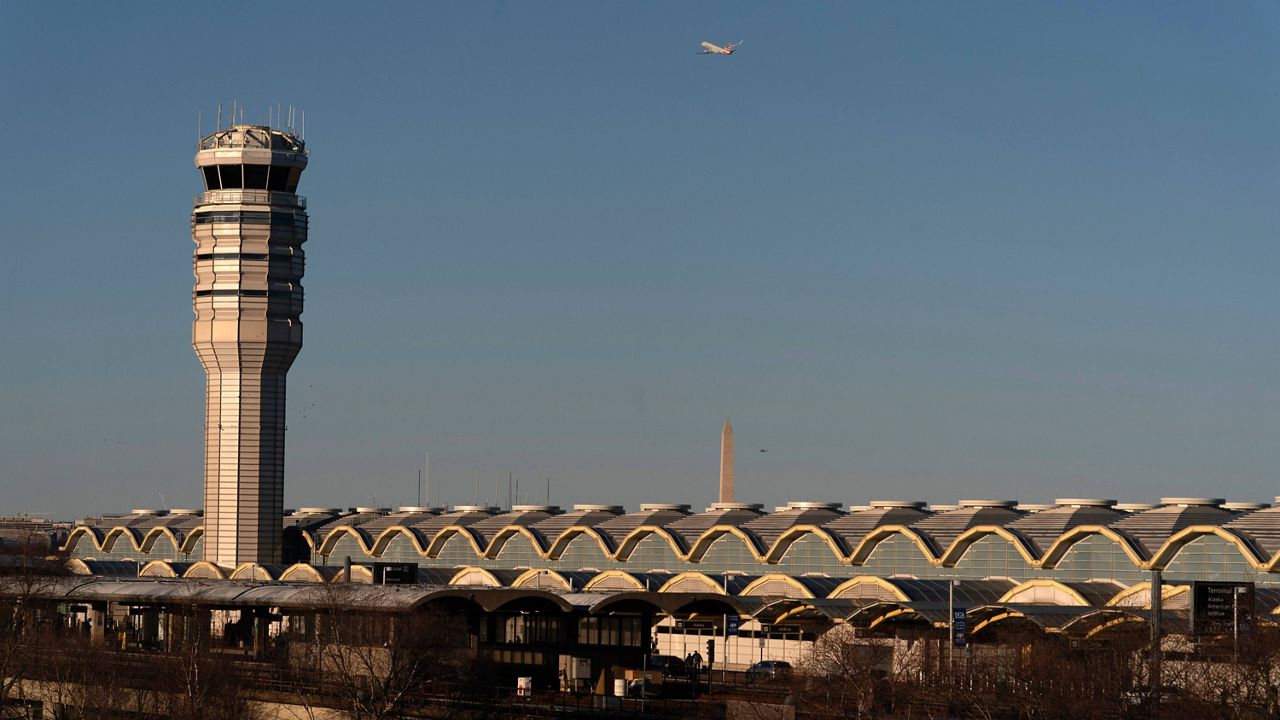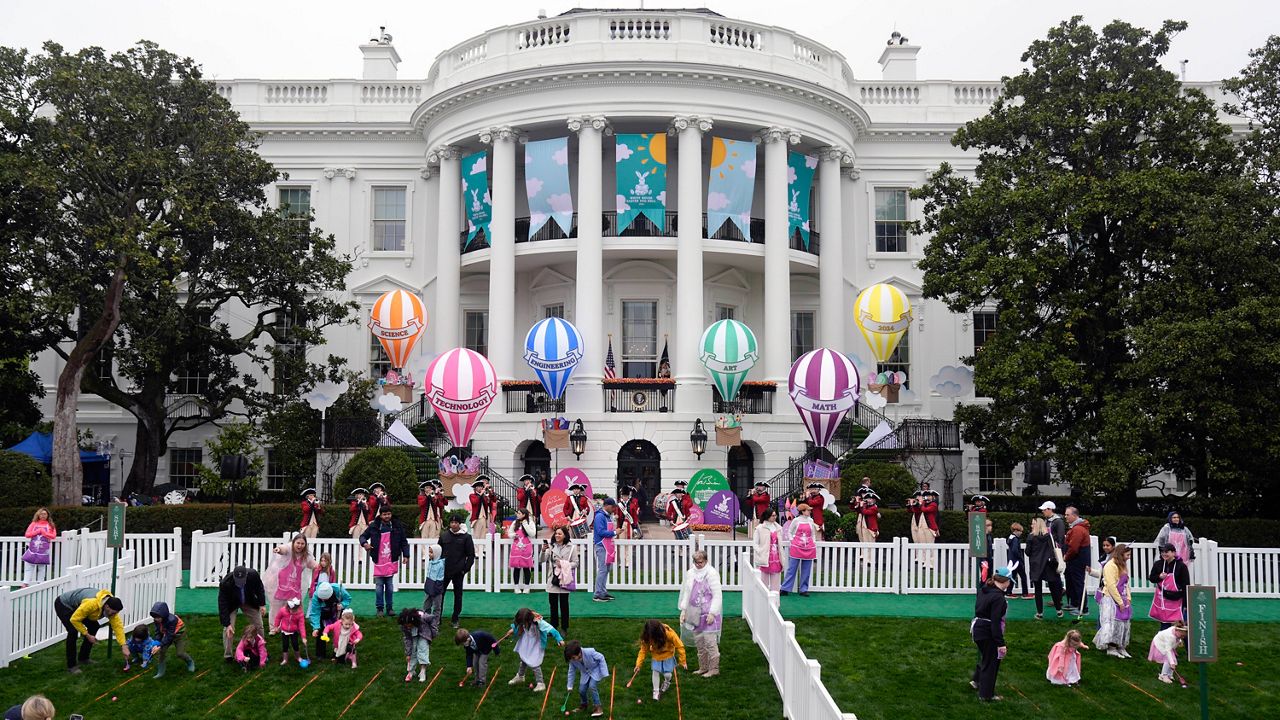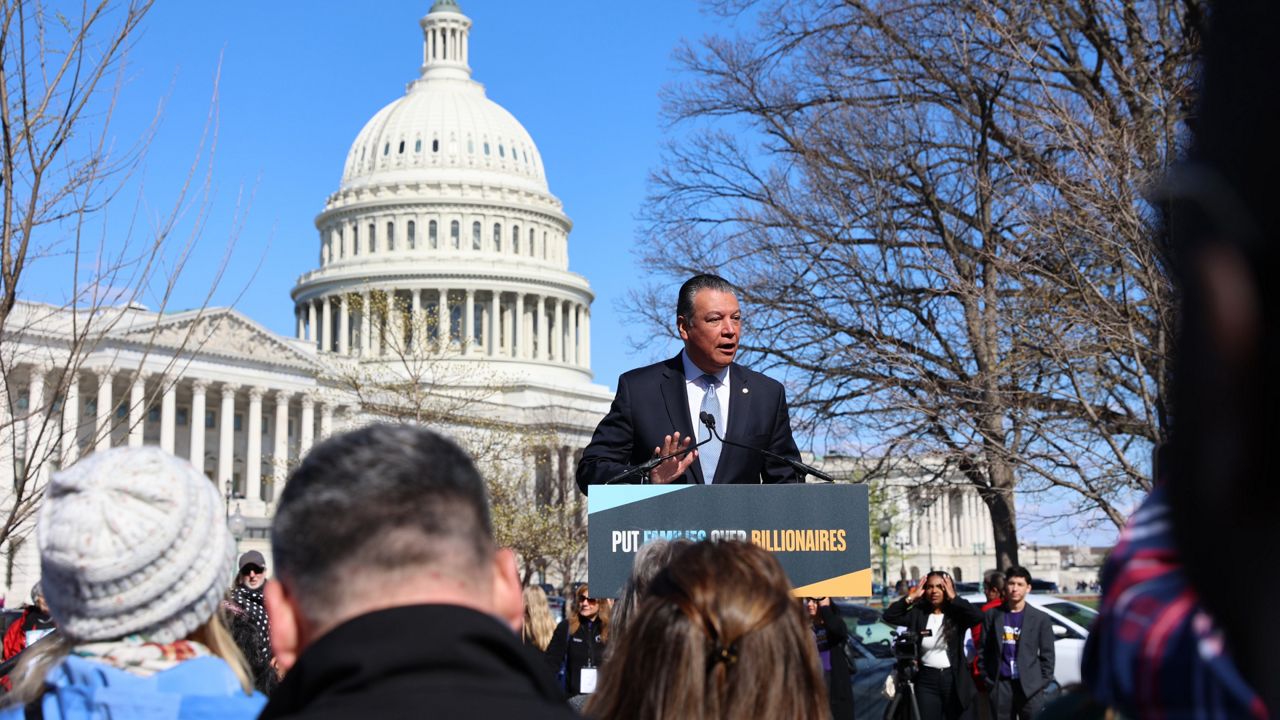The U.S. Labor Department is trying to broaden opportunities for women and lessen the barriers they face when entering fields traditionally dominated by men.
On Thursday, Labor Department Women’s Bureau director Wendy Chun-Hoon and AFL-CIO President Liz Shuler honored grant winners awarded $5 million in grant support to increase employment of women in apprenticeships and nontraditional occupations. The financial assistance is intended to “provide technical assistance to employers and labor unions in the United States and its territories to encourage employment of women in Registered Apprenticeship and nontraditional occupations,” such as construction, advanced manufacturing, energy, technology and transportation.
“Women are roughly half the workforce, but really still vastly underrepresented in some of these sectors that are growing in this moment with all of this [infrastructure] investment,” said Chun-Hoon. “Women are less than 4% of the skilled construction trades, which are going to be a lot of these jobs.”
The awards, known as Women in Apprenticeship and Nontraditional Occupations (WANTO) grants, are meant to “meet this moment,” according to Chun-Hoon. Organizations receiving funds are developing pre-apprenticeship or nontraditional skills training programs, setting up support groups, facilitating networks, or providing support services for women to improve their retention, and other methods of career development. A portion of the grants awarded can be used to provide participants with support services such as child care, transportation, tuition and work-related gear.
According to the August jobs numbers released this month, women have largely returned to the workforce post pandemic. But Chun-Hoon says “a critical piece” of this grant program is its gateway to lasting careers in jobs that are currently booming due to the Biden administration’s Inflation Reduction Act investments.
“Women are really underrepresented in some of these higher paying jobs in our economy that are about to grow. And what that does is it really drives a pattern called occupational segregation. And it really drives a pretty persistent gender wage gap,” she explained.
Last year, the Women’s Bureau released a report the impacts COVID-19 had on women titled Bearing the Cost: How Overrepresentation in Undervalued Jobs Disadvantaged Women During the Pandemic, which concluded that women, and especially women of color, were hit harder by the pandemic due to job segregation, the gender pay-gap, and other environmental factors.While things have steadily improved for women when it comes to returning to the workforce post COVID-19, there are still many barriers to entry when it comes to high paying technical careers, including childcare costs, lack of opportunity for training, location and more.
Ahead of the ceremony Thursday, Spectrum News spoke with Dr. Cynthia Anthony, the President of Lawson State Community College in Birmingham, Ala., a partner of one of the grantees being awarded funds this year through WANTO grants. She told us these grants will help to equip women for the workforce today, but have long ranging impacts.
“I'm excited about with this particular grant because it will provide us an opportunity to provide support services for these women to truly engage in the training that might be transportation assistance that might be assistance with childcare, whatever it is that would serve as a barrier or an impediment to these women actually, coming into the training programs and successfully completing the training programs is what we on the ground have to focus on,” said Anthony.
“These jobs are going to make major impacts in the lives of the women that we will train and get into these jobs, [but] further than that will be the generational impacts that will be made,” Anthony continued. “We're talking about not just the family of the woman who gets trained, and that increases her living wage and the opportunities for the children that she may have. But we're talking about farther down the road with some generational kinds of opportunities that will be provided.”
This is the department’s largest award of WANTO grants, previously giving $3,400,000 to five community-based organizations in 2022. This year, staff at the Department of Labor say they received 59 applicants, a 119% increase from 2017.
This year’s recipients include AFL-CIO Working for America Institute in Birmingham, Ala., Moore Community House in Biloxi, Miss., Hope Renovations in Chapel Hill, N.C., Vincentian Ohio Action Network in Columbus, Ohio, Rhode Island Women in the Trades in Providence, R.I., SER-Jobs for Progress of the Texas Gulf Coast Inc. in Houston, Texas, and Ada Developers Academy in Seattle, Wash.
“To fulfill the promise of President Biden’s Investing in America agenda and to rebuild the nation’s economy from the middle out and the bottom up, we can’t afford to leave any talent untapped,” said Acting Secretary of Labor Julie Su in a release announcing the grants. “Today, we announced grants that will support organizations that are training women for good-paying jobs — including union jobs — while ensuring an equitable workforce development system that helps to ensure a talent pipeline for employers in critical sectors.”





